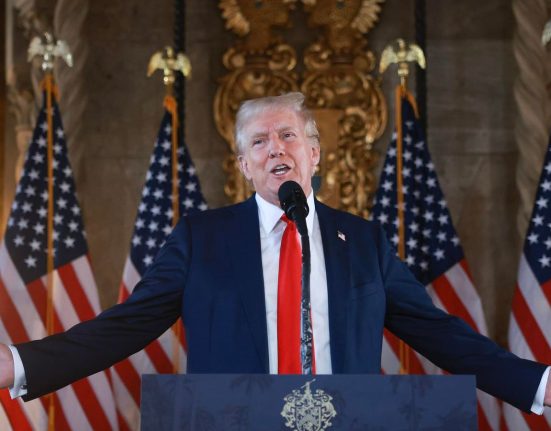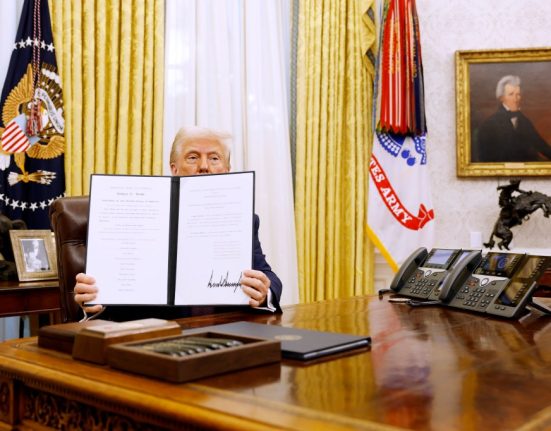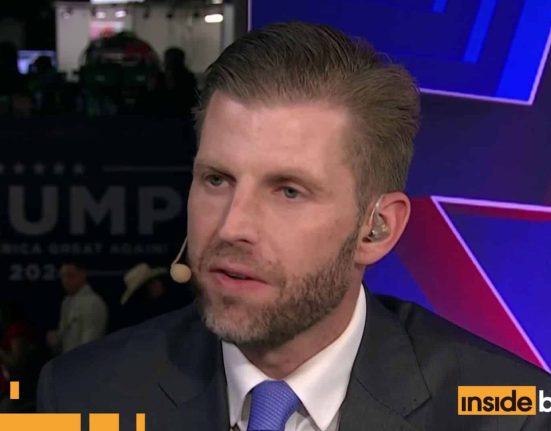Protect developers from being prosecuted like Tornado Cash founder Roman Storm, or risk choking crypto innovation in the US.
That’s essentially the message of a letter sent by a group of 115 crypto firms, builders, investors, and advocates to the Senate Committee on Banking, and Committee on Agriculture on Wednesday.
The letter urges lawmakers to introduce provisions into the Clarity Act to shield open-source developers from being misclassified or prosecuted as operators of money transmitting businesses.
“It is critical that legislation recognises and preserves the historical protections afforded to open-source software development,” said the letter, signed by the DeFi Education Fund, an industry lobby group.
Other signatories included heavy hitters like venture capital giant a16z crypto, crypto exchanges Coinbase and Kraken, Galaxy Digital, and Ripple.
The letter didn’t mention Storm nor Tornado Cash by name.
Nevertheless, it comes just weeks after the privacy protocol co-founder was found guilty of conspiracy to operate an unlicensed money transmitting business — the same crime the letter seeks to protect developers from.
The case became a cause célèbre in the crypto industry. Pundits objected to the verdict. They said it failed to accurately reflect the way Tornado Cash and many other crypto protocols operate.
“It should be clear from the plain language of the statute that to transfer funds on behalf of the public, you have to have that person’s funds in your possession, custody or control,” Amanda Tuminelli, executive director at the DeFi Education Fund, told DL News at the time.
Tuminelli said Tornado Cash never had that sort of control and said the verdict jeopardised crypto innovation and risked driving developers to more accommodative jurisdictions.
This week, the 115 signatories of the letter seemingly echoed that argument and warned that failing to protect open-source developers will jeopardise US President Donald Trump’s goal of transforming the country into “the crypto capital of the planet.”
The letter warned lawmakers that the upcoming Clarity Act, a market structure bill that seeks to establish a clear regulatory framework for crypto and close existing regulatory gaps, could force developers into unworkable regulatory categories designed for the traditional financial world.
It comes as the total share of open-source software developers in the US dropped from 25% in 2021 to 18% in 2025, according to Electric Capital’s Developer Report, a long-running effort to quantify crypto developer activity.







